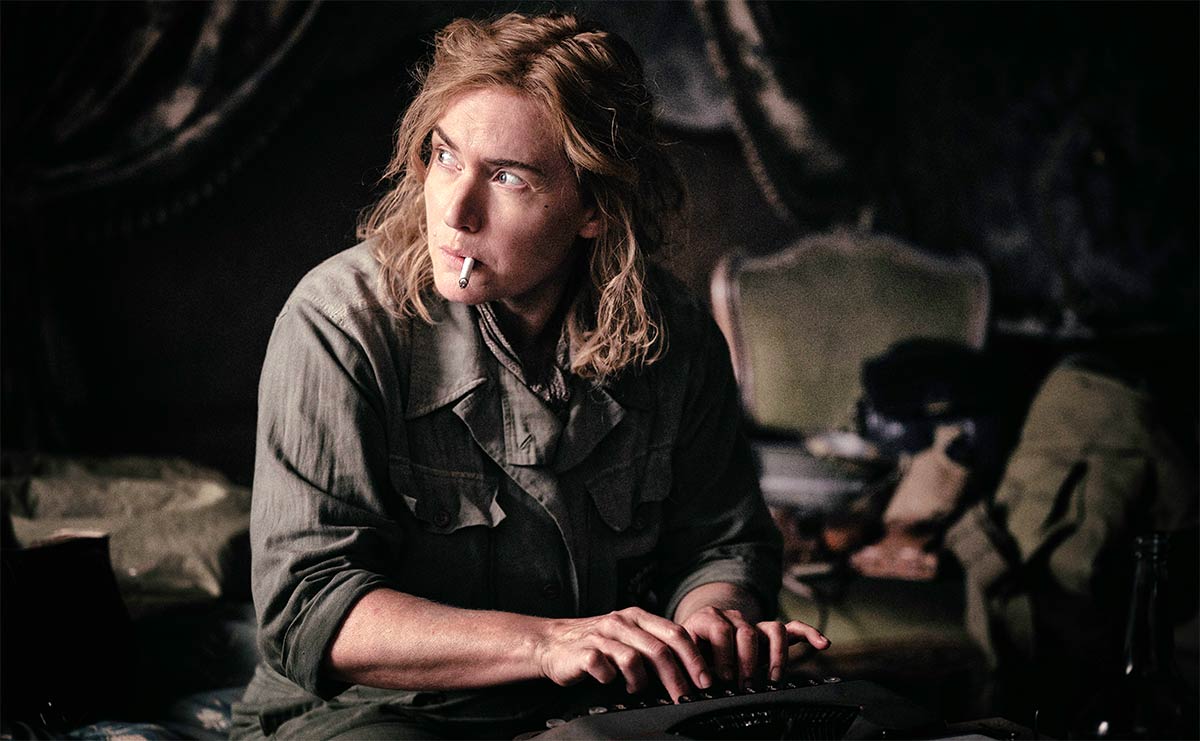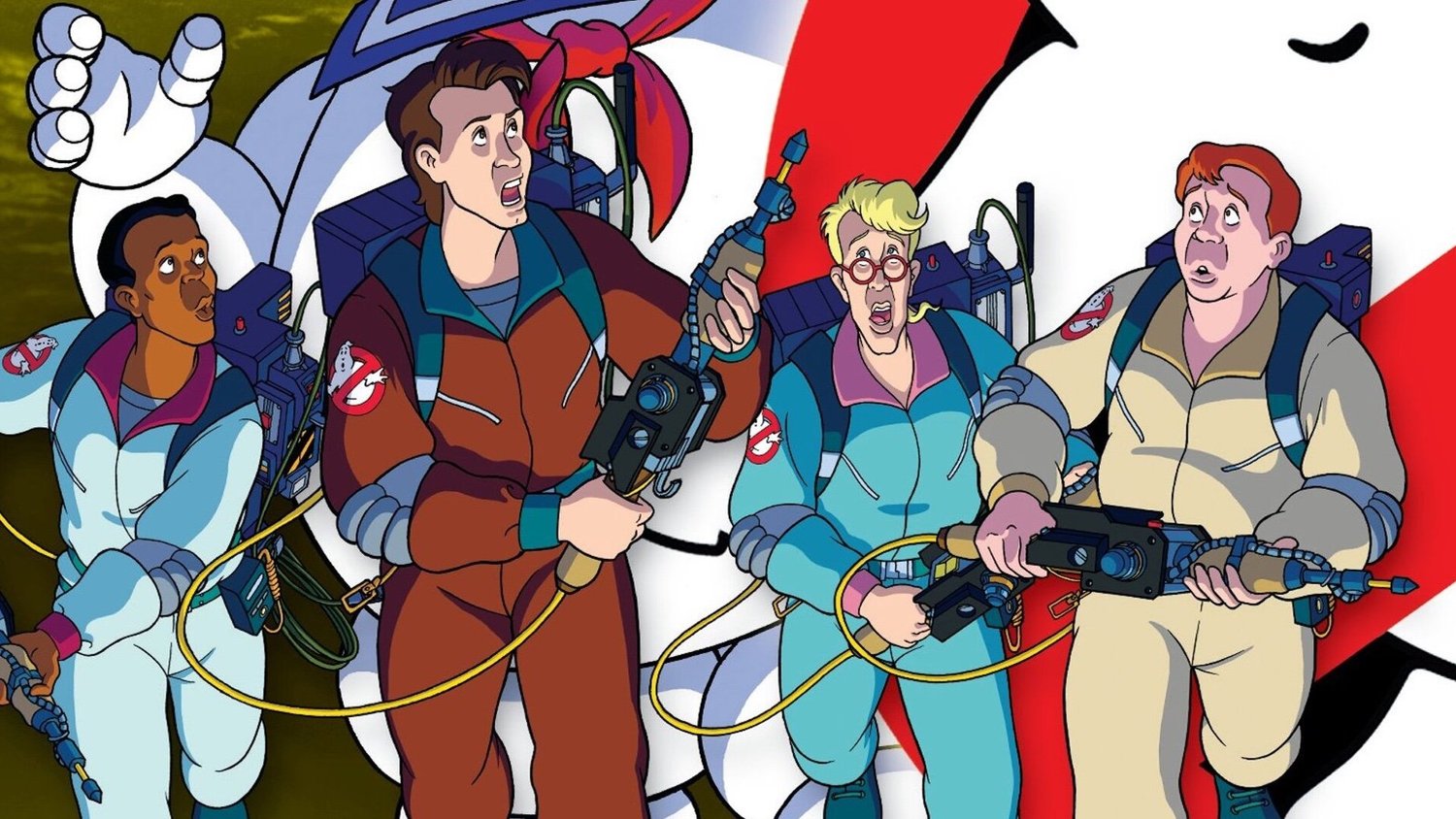
Kate Winslet Gets Her Oscar Clips In Ellen Kuras’ Visually Immaculate, But Standard-Issue Biopic [TIFF]
Sep 11, 2023
Time and again, we’ve seen that trying to smash the entirety of a life—especially that of a notable person—into the running time of a feature film is a fool’s errand, resulting in puddle-deep characterization, painfully expositional dialogue and narratives that offer little more than bullet points. But these movies win Oscars, so financiers see them as something resembling a low risk, and here we are. “Lee,” the narrative directorial debut of acclaimed cinematographer Ellen Kuras, stars Kate Winslet as WWII combat photographer Lee Miller, first seen snapping a picture during a firefight before getting knocked over by an explosion.
READ MORE: Toronto International Film Festival 2023: 26 Must-See Films To Watch At TIFF
The title fades in among the clouds of smoke, and we cut ahead to 1977, where Miller is now a senior citizen and cantankerous interview subject. “You’re making a big deal out of nothing; they’re just pictures,” she tells her would-be chronicler (Josh O’Connor) dismissively, but with a minimum of pressing, she tells her story. It essentially begins in France, circa 1938, where Miller, a former model turned photographer, was, in her words, “good at drinking, having sex, and taking pictures— and I did all three as much as I could.” The fiercely independent shutterbug goes to work for the London bureau of “Vogue” in the early days of WWII, and the bulk of the action occurs in the years that follow.
Miller is certainly a worthwhile subject but deserves better than this maddeningly pedestrian screenplay, which is credited to four different writers and feels like it. Among their most unfortunate choices is capping the framing device of the big interview with a pair of surprise twists that are just patently false, emotionally and narratively; they also lean way too hard on the move-it-along narration, which is filled with bland lines like “I was born determined, and I’d never felt more alive” and “Liberation: the word was as joyous as it felt.”
The gifted Winslet, who is also among the producers, is required to perform such feats of narrative whiplash that she feels less like a character (or an actor) than a traffic cop. She, of course, gets her Oscar clips: a dramatic breakdown when she discovers that her work has been suppressed, followed immediately by a heartfelt confession of childhood abuse, a double feature of the kind of Big Acting that Oscar just loves. She generates some heat with Alexander Skarsgård as her main squeeze, even in the face of some mighty turgid dialogue, and Andrea Riseborough is as reliable as ever as her supportive editor. But Marion Cotillard is egregiously underused, and Andy Samberg is direly miscast as fellow photojournalist David Scherman, sporting a New England accent with all the consistency of a 12:45 “SNL” sketch and a contemporary sensibility that keeps him aloof in most of his scenes. And, disappointingly, Alexandre Desplat’s score is a sappy, twinkly, push-button affair.
There are good scenes here and there — like a lovely interaction between Miller and an injured soldier who asks her to take his picture (“When I get home and I’m all handsome, I want my girl to see how brave I was”) — and a climactic stretch of Miller and Scherman riding around in their jeep, taking some of the first photographs of post-War Europe and its grotesque aftermath. Of course, this material makes an impact; it’s just viscerally involving and impossible not to share in their sense of horror and disbelief. It’s easily the most potent chunk of the picture. And one cannot help but note, in making that assessment, that it’s mostly free of dialogue.
The images are immaculate, unsurprisingly, with Kuras and her gifted cinematographer Pawel Edelman making a striking aesthetic contrast between the warmth of her late-in-life country home to the cold gray battlefield and France’s picturesque seasides. But her work here ultimately reminds us how difficult it is for even the best cinematographers to navigate the transition from D.P. to director. For every Mario Bava, there’s a Gordon Willis (“Windows”) or Janusz Kaminksi (“Lost Souls”) or Wally Pfister (“Transcendence”). Like many of those films, “Lee” knows exactly how it wants to look, yet it has little that’s new or interesting to say. [C-]
Follow along for all our coverage of the 2023 Toronto International Film Festival.
Publisher: Source link
Guess The Missing Word: Christmas Song Titles
The holidays are here, and there's no better way to ring it all in than a seasonal song or two. So test your yuletide knowledge by identifying the missing word in the 14 holiday songs below. Good luck! Disclaimer: The…
Dec 26, 2024
Score an Extra 40% off Fashion & More
Our writers and editors independently determine what we cover and recommend. When you buy through our links, E! may earn a commission. Learn more. Even on Christmas Day, Anthropologie has your back with an extra 40% off sale that’s practically a…
Dec 26, 2024
"We Despised Each Other So Much That It Read As Love": 13 Costar Duos Who Did NOT Get Along
Diane Kruger said, "It kind of sucked. He's dead, so I can say that. But he wasn't the most pleasant person."View Entire Post › Disclaimer: This story is auto-aggregated by a computer program and has not been created or edited…
Dec 25, 2024
19 Best Experience Gifts for Everyone on Your List
Our writers and editors independently determine what we cover and recommend. When you buy through our links, E! may earn a commission. Learn more. As the holidays approach, the last loved one on your list is usually the hardest person to…
Dec 25, 2024











